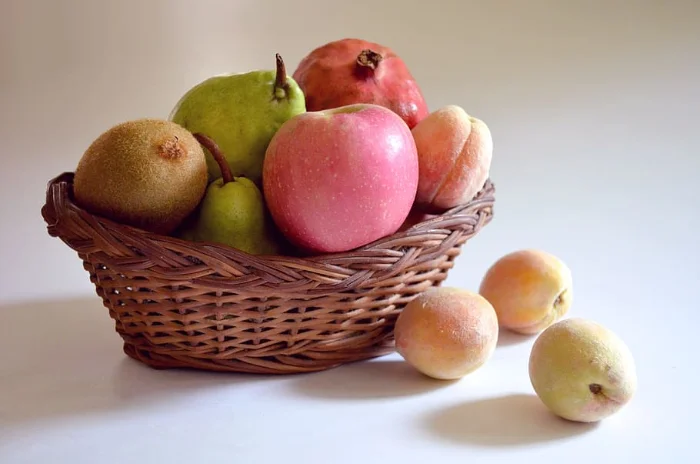There is abundant scientific evidence about the health benefits of the fruit. "The consumption of five servings of fruit and vegetables a day from childhood is essential to prevent childhood obesity and not develop non-communicable diseases at different stages of life," says Ana Cantón, endocrine of the University Hospital Complex of Santiago de Compostela (CHUS).

However, the controversy is also manifest as to the best time of day to take it. Various hypotheses have been reported, scientists have not always agreed, and the population has doubts. "There are many theories and little evidence to support them, although some may be reasonable," acknowledges Ramón Estruch, a researcher at the Hospital Clinic de Barcelona and the Center for Biomedical Research in the Pathophysiology of Obesity and Nutrition (CiberOBN).
The most reasonable guideline is to distribute the different foods throughout the day to achieve a balanced distribution of macronutrients with different food groups. According to current recommendations, there is no single or ideal time to consume fruits. Cantón assures that fruit can be taken at any time of the day, also at night: "Fruits should be incorporated into breakfast, lunch, snack, as an accompaniment and / or as desserts in main meals (lunch and dinner)."
Traditionally in Spain the fruit has been taken as a dessert, after lunch and dinner. However, in recent years, hypotheses have been propagated that discourage their intake at these times of the day, as well as before going to bed. The main reason is its high sugar content.
"If taken after meals, more sugar is provided to the body, which causes more insulin to be generated in the pancreas and this would lead to a greater predisposition to diabetes and obesity," explains Estruch, who often finds the arguments They answer this theory: "The Mediterranean diet has been shown to reduce diabetes and help control body weight, and the classic is to take the fruit after main meals."
It is not indigestible at night
Contraindications to eating fruit at night again have to do with its amount of sugar and the need for the blood sugar spike to remain flat. But there has also been no clear evidence that it is harmful: “Once again, it would have to be proven. It can be taken, although perhaps it is better that it be fruit with less amount of sugar, such as apple, pear, watermelon and pineapple ”. Estruch has just published a study in Annals of Internal Medicine (USA) on the protective effects of fruit and vegetables on the cardiovascular system.
Cantón is forceful when he affirms that at night he is not indigestible and does not ferment after meals. Likewise, endocrine rejects another of the most established myths: “It is said that fruit before food is digested better and fattens less. This is not true".
The main components of fruits are digestible carbohydrates, among which are sucrose, glucose and fructose, and polysaccharides, and non-digestible (dietary fiber), vitamins, minerals and phytochemicals (carotenoids and polyphenols). .
This composition, together with other factors, can influence a better or worse tolerance. Cantón recommends to facilitate digestion fresh ripe fruit, peeled and free of seeds such as apple, pear, banana and apricot. It is advisable to avoid hard or fibrous fruits and organic acids such as orange juice. Fruit in syrup, compote, or roast also helps prevent digestion problems.
Better whole
Both experts agree that it is better to eat the whole fruit than in juice: “The energy and carbohydrate intake is similar, but there is an important difference in the fiber intake, which is much less in the juice than in the piece of fruit ”, the CHUS endocrine reasons. One way to solve this deficiency is to add the pulp of the fruit once the juice has been prepared. However, a decrease in the concentration of vitamins A, C and folates in the juice has been observed in relation to fresh fruit.
Defense for the body
Another attribute of the fruit that in these pandemic times is not trivial is its contribution in vitamins, trace elements or potassium, which contributes to good nutrition and is a defense for the body: “It does not protect against contagion but helps to face infection best. It has been shown that people who are poorly nourished are prone to pneumonia and to more severe pneumonia, "says Ramón Estruch.
Congratulations @raptorx10! You have completed the following achievement on the Hive blockchain and have been rewarded with new badge(s):
Your next target is to reach 50 comments.
You can view your badges on your board and compare yourself to others in the Ranking
If you no longer want to receive notifications, reply to this comment with the word
STOPCheck out the last post from @hivebuzz:
Support the HiveBuzz project. Vote for our proposal!